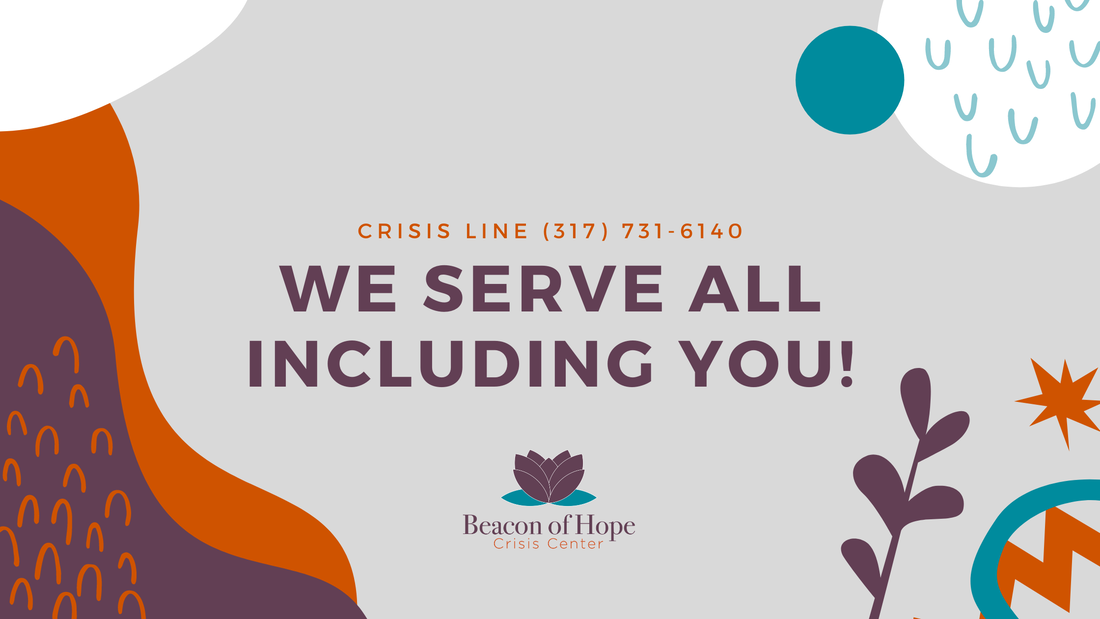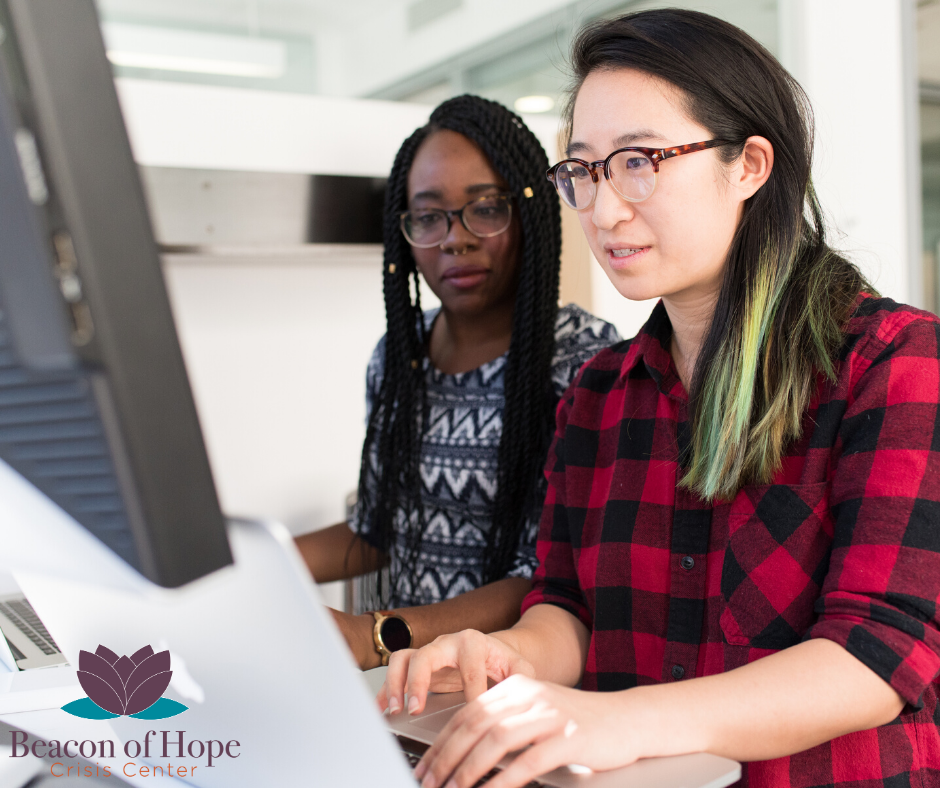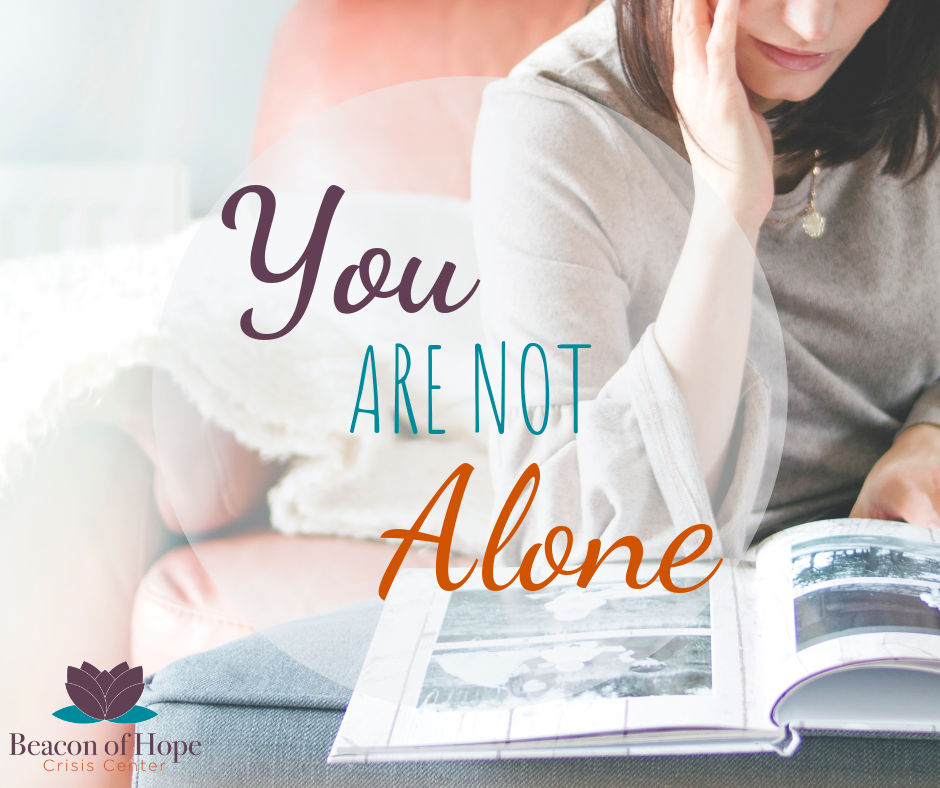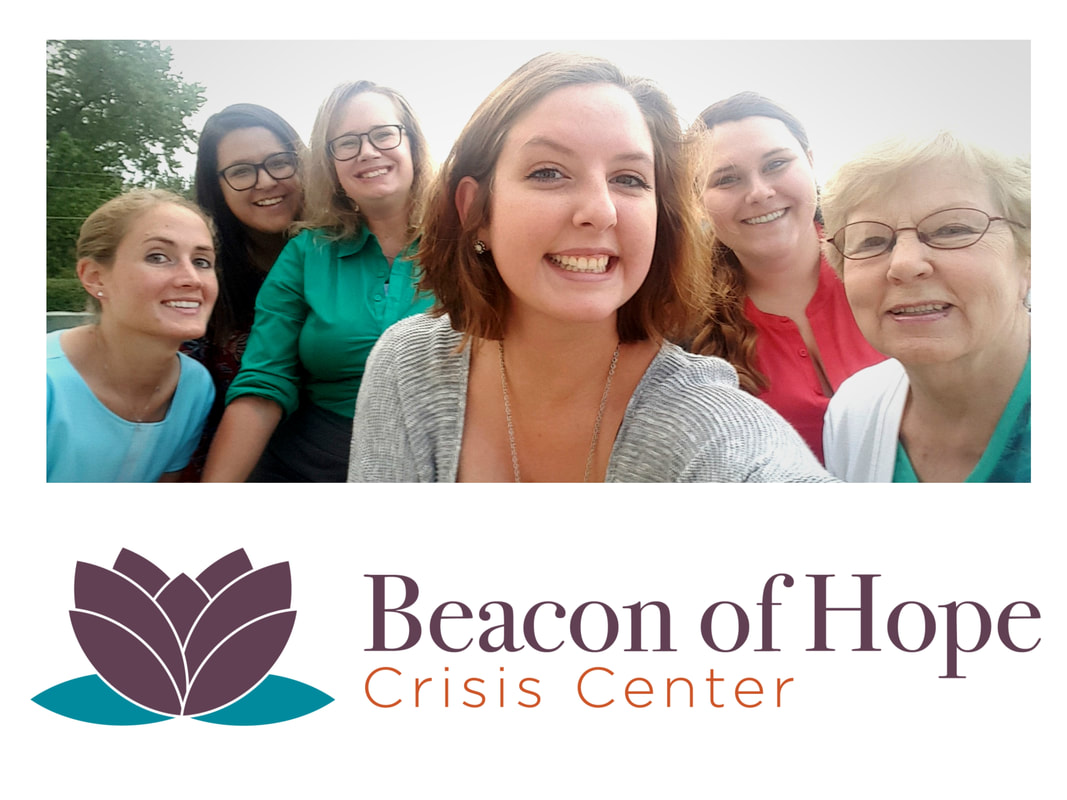|
By: Kaylee Kriese Did you know that tracking someone through their phone or tech accessories has become even easier? Although most people have heard of GPS trackers, few are aware of the most recent technological advances that has made crimes such as stalking and theft all too easy. In April of 2021, Apple released their new product, AirTags, with the intention that their users could track their keys or wallet in the event that they misplace them. If you’re someone who loses things easily, this water-resistant product might just be a lifesaver, but in other cases, these small, circular disks can be used for more sinister purposes.
Most notably, AirTags can be discreetly stored, as those who took to Tiktok, Youtube, and Twitter shared from their own experiences. These victims of tracking, mostly women, report finding AirTags taped to the underside of their car or behind their license plates. They found them only after being notified through their iPhone’s Bluetooth technology that another AirTag was detected moving with them. When investigating this further, many of these women could locate a map of everywhere they had been through their device, which could be seen by other devices tracking them. Although Apple set up this notification feature to report when other AirTags are detected and even prompt a signal that generates beeping until the unknown device is located, many people are unnerved that they were able to be tracked at all, especially given what some report to be belated notifications about the tracking. Additionally, when some have attempted to use the “Find my” network that AirTags can be accessed with, they found that the Find my tool was unavailable. A well-known product, Tile, is yet another device that has generated discussion about its security features, though its creators anticipate the release of a new security feature like Apple’s sometime this year.[1] If you look up Apple’s description for AirTags, the website describes it as, “an accessory that provides a private and secure way to easily locate the items that matter most.”[2] Given the stories that have emerged in less than one year since the product’s release, the general consensus seems to be extreme uncertainty about the privacy and security this product offers. In our line of work, we know that abusers will implement whatever tools necessary to stalk and torment their victims. Given the newness of this technology, we anticipate more stories of products like AirTags being misused for ill intentions. If you own an AirTag or are considering purchasing one, we encourage you to research its security measures beforehand. If you or a loved one are a victim of stalking, call our confidential crisis line at 317-731-6140. If you are in a life-threatening situation, call 9-1-1 immediately. [1]https://www.nytimes.com/2021/12/30/technology/apple-airtags-tracking-stalking.html [2] https://www.apple.com/newsroom/2021/04/apple-introduces-airtag/ By: Cheyenne Taylor Robert Ingersoll, an American lawyer and writer, once said, “We rise by lifting others.” Today, we want to discuss the ways we can help uplift survivors of sexual assault. We can start by changing the way society speaks about survivors. Common myths about sexual assault are harmful to survivors and can prevent them from getting the help and justice they deserve. These myths include beliefs that survivors “got what they deserved” or that they were “asking for it.” These thoughts are communicated through questions like, “What were they wearing,” “What were they doing,” or “Why did they drink so much?”
The truth is these types of questions focus on the wrong person. When a stabbing occurs, we never turn to the stabbing victim and question what they were wearing to make themselves more at risk of getting stabbed. We know that it is not our place to question survivors, and there is no justification for causing this harm. However, when speaking about sexual assault survivors, we assume they are lying – even though less than 2% of people are reported to have lied about sexual assault1. We also focus on questioning the survivors instead of questioning those who sexually assault people. Survivors are shamed so much that many do not report their perpetrators and many perpetrators go free. In fact, only 5 out of every 1,000 perpetrators will end up in prison2. Survivors feel so much shame for being sexually assaulted, but we can work together to take away those feelings of guilt. Instead of questioning survivors about their actions and what they did to “deserve” trauma that nobody deserves, we can show support to these survivors. We can offer support by using phrases like “It took a lot of courage to speak about this,” “It’s not your fault,” or “You are not alone. I am here to help.” We can also continue to check-in with them and give them the time to grieve and heal from their experiences. We should also validate their decisions. Listen to them without judgment and encourage them to make the best decision for themselves and their health. Additionally, we can suggest local resources to help the survivor. Beacon of Hope Crisis Center offers free services like protective order filing, safety planning, employment and financial assistance, emotional support, referrals for housing, jobs, and much more. Our victim advocates are here to support you. Speak with a victim advocate by calling our confidential crisis line at (317) 731-6140. If you are in immediate danger, please call 9-1-1. By: Cheyenne Taylor This year has been a difficult and trying year for many due to the impact of the pandemic, especially victims of domestic violence. While the world has been focusing on the pandemic, domestic violence has only escalated behind closed doors. It has not taken a break despite this pandemic. For victims, the pandemic has only created additional barriers in accessing services. We want to take this time to emphasize that we are here for all victims facing domestic violence victimization. We serve all.
We offer services that are accessible even during this pandemic. We have language services to help with translation needs. If you identify as a part of the LGBTQIA+, we serve you, and we have referrals as well. If you are atheistic or follow another religion, we are still here for you and respect your religious practices. We will not refuse to serve anyone because of race, gender identity, or other identifiers. We believe that everyone deserves to live free from the grip of domestic violence. Here are a few ways you can seek our help. First, you can call us directly at 317-731-6140 to speak confidentially with a victim advocate. Our advocates are on the lines from 8:30 am to 1 am. If we cannot pick up, please leave a detailed voicemail with your name, a return safe contact number or email, times to return your call and we will reach back out as soon as possible. Second, you can contact us through social media DMs. Facebook will get the quickest response, but you can reach us at any site easily accessible to you. Lastly, you can email us at info@beaconofhopeindy.org and we will get back in touch with you as soon as we can. Make sure to visit our website at BeaconOfHopeIndy.Org to learn about all our free services and resources that we offer. We are here to help you! By: Katie Schneider Domestic violence and sexual assault can cause lifelong negative impacts on a victim’s mental and physical health. Victims that are in marginalized communities face more barriers to accessing services than those who do not. A marginalized community is a group of people who for whatever reason are denied involvement in mainstream economic, political, cultural and social activities. [1] They tend to be underserved when it comes to receiving services for domestic violence and sexual assault. People who are living with trauma from domestic violence and sexual assault within these communities may be scared to turn to those that can help them (community resources or law enforcement).
Beacon of Hope Crisis Center breaks down barriers by offering services to everyone that walks through our door or calls our crisis line. We work alongside community partners to provide language services, refer clients to free legal assistance, safe housing, and much more. Training our advocates to be culturally aware and helping to make survivors feel as comfortable as possible in times of healing. Beacon of Hope Crisis Center also provides services at no cost to any of our clients. Free and completely confidential. This way there is no economic barrier to receiving services either. Our Economic Sustainability Program aims to empower survivors to become self-sufficient and financially independent after experiencing abuse. Domestic violence and sexual assault alike do not discriminate against race, gender, sexual orientation, religion, citizenship status or any other demographic. It can happen to anyone. No one deserves to live in the grip of domestic violence or sexual assault. Abuse is never the victim’s fault. Beacon of Hope Crisis Center serves ALL individuals seeking assistance after domestic violence or sexual assault victimization. Call our confidential and toll free crisis line to speak with an advocate. Crisis Line: (317) 731-6140. [1] https://yali.state.gov/five-ways-to-be-an-ally-to-marginalized-groups/ -groups/ By: Savannah Tipton Society has typically associated feelings of grief to the death of a loved on. We can understand that someone may have difficulty processing the death despite the circumstance (illness, accidents, etc.). When we expand the definition of grief to include other things that are lost, society gives less acknowledgement or validation. Survivors of domestic violence may experience grief over lost self-esteem, loss of their home and the life they knew, or even the future they once planned for. They may experience this grief during and after the relationship has ended. There are many reasons survivors do not disclose abuse (humiliation, fear, guilt, shame) and this can further complicate feelings of grief. Survivors need access to support as they start their healing journey. Some may find support from friends and family while others turn to professionals.
To better understand the connection between grief and domestic violence, we must first look to all that a survivor of domestic violence may lose or leave behind after being victimized (see below). Together we can become more educated and give survivors validation to grieve or mourn all that they have lost. Advocates are available to validate feelings of grief and connect clients to supportive services and free counseling. Confidential Crisis Line: (317) 731-6140 Losses Which Are Grieved
By: Shelby Bubnick & Savannah Tipton Focusing on the positives in life can be difficult after experiencing trauma. An excellent way to lift your spirits is to write down everything you are grateful for. You can do this weekly or daily, whatever works for you and your schedule. Keeping a gratitude journal can improve your mood, make you more resilient, and can even help you live longer. It’s simple! Start your gratitude journal with five things you are grateful for. Repeat this activity at least once a week.
TIPS
By Sandra K. Ziebold October is Domestic Violence Awareness Month
There is a knot of fear that goes along with having experienced being a victim of a frequent, consistent and systematic pattern of domestic violence abuse. Domestic violence is about power and control. Abuse occurs when there is consistent unwanted dominance and control exerted over another. You may be in an intimate partner relationship and thinking to yourself, "What happened, I felt so wonderful and now I feel this horrible ache that won't leave the pit of my stomach. How did I get here and why do I feel so trapped? What can I do better? If I can do things better then he/she will, be okay / be calm / be happy." If you have thoughts like that, then stop for a second and really think about your thought pattern. Can you remember the last time you didn't have that aching knot of fear in your stomach? If you are constantly fearful that your every single breath or action is going to trigger anger and violence in another person exerting control over you, then our advocates can help you. It is domestic violence awareness month and you need to know that you are valued, there is a safe way to get out of your situation and you deserve a life free from the grip of domestic violence. We are here to help. Our crisis line number is (317)731-6140 By Savannah Tipton Beacon of Hope employees, interns, and volunteers work together to provide victims of domestic violence and sexual assault with a variety of free resources. We offer individual advocacy, foster pet care, court accompaniment, a crisis call line, and more! We are committed to empowering victims of domestic violence and sexual assault to become self-sufficient by providing safety, education and support. To learn more about what we provide visit our website.
Victim Advocate - Beacon of Hope Crisis Center “Thank you. Honestly, I didn’t think anyone would be willing to help me.” I received a call from a client who comes from a marginalized victim population in which admitting to domestic violence victimization is extremely taboo. Though this client could barely muster the courage to describe their situation as “abuse,” as they told me their story it became clear that they were a victim of financial, verbal, emotional, and physical abuse. The client recognized the need to protect themselves and their family from their abuser, so we set up a time to meet for Protective Order filing assistance later that same day.
The process of filling out the paper work was an emotionally turbulent one for the victim. Not only was it difficult to admit to the abuse and to seek help for a problem their culture tells them they shouldn’t even acknowledge, but the fact is they still cared deeply for their abuser, and were grieving as though for the loss of a loved one. I supported them as best I could, giving them privacy to cry when they needed it, and validation and comfort when appropriate. It was a difficult process, but after two hours of re-living the abuse and filling out the paperwork that made their “victim” status so shockingly real to them, the victim took a deep breath, stood up, and for the first time, smiled. Before walking out the door they looked me in the eye, relief written across their face and commented, “Thank you. Honestly, I didn’t think anyone would be willing to help me.” |
About this blog
This blog is about our domestic and sexual violence crisis center, Beacon of Hope. We hope you find it full of helpful information, motivation, creativity, serious facts and positivity. We hope that it will help you know what is happening in our center, in our community and with our events. We hope you follow our blog in support of our organization and our mission. Archives
October 2024
Categories
All
|
|
CAREER opportunities © 2024 Beacon of Hope Crisis Center Privacy Policy Accessibility Statement Training Portal Login |











 RSS Feed
RSS Feed